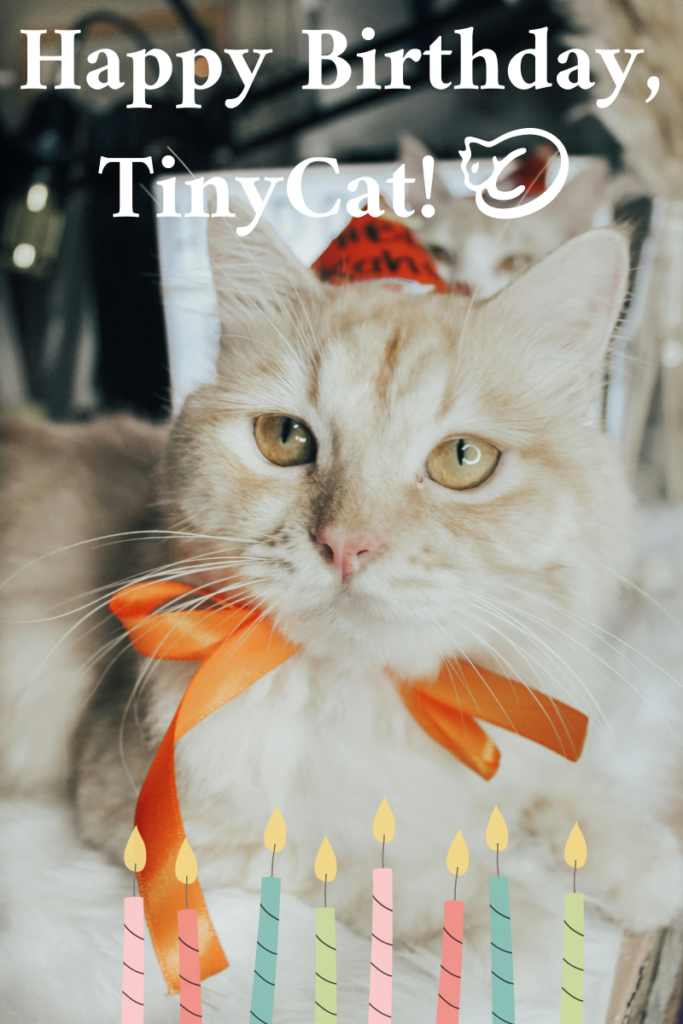I’ve been eagerly hoping for an interview with our current TinyCat’s Library of the Month since they joined us in 2018. It is my pleasure to feature the Indian Pueblo Cultural Center in Albuquerque, New Mexico, whose library is run by Archivist & Librarian Jonna C. Paden. Jonna was kind enough to field my questions this month and share more about their important work:
Who are you, and what is your mission—your “raison d’être”?
The Library & Archives is part of the Indian Pueblo Cultural Center (IPCC) located in Albuquerque, New Mexico. The library is a special collections, non-lending research library dedicated to the culture, traditions, history and lives of the 19 Pueblo nations of New Mexico and the Ysleta del Sur in El Paso, Texas. We provide publications and information about Pueblo and Indigenous peoples and communities of North America. We aim to provide materials that reflect the voice and perspective of Pueblo and other Indigenous peoples about their history and contemporary activities.
The IPCC Library & Archives holds over 8,500 books about the twenty Pueblo and other Indigenous nations. As a research library, we primarily hold nonfiction titles across a range of subjects. We have dissertations and theses by Pueblo scholars and about Pueblo topics. We have historical and contemporary materials, including books that are no longer in print.
We are currently open to the public Tuesday through Friday from 9am to 5pm (MDT).

Tell us some interesting things about how your library supports the community.
The library supports Pueblo educators, researchers, students and community members within the city of Albuquerque, and nearby and distant Pueblo communities, IPCC staff and volunteers, and the general public. The library hosts the Pueblo Book Club quarterly and features a variety of Native authors or topics significant to Native American history. I also write a blog, Indigenous Connections and Collections, which features various Native American topics and is a great research resource. We are a welcoming place that supports research about Pueblo people and topics. If we don’t have the material, we can help connect to a library or place that does.
What are some of your favorite items in your collection?
I love the Children’s and Juvenile section! The fiction and non-fiction books are primarily Indigenous authored and illustrated with engaging stories and beautiful tribally representative Native artwork. Young Indigenous readers can see accurate portrayals of themselves and role models in these books.We also have unique materials not found elsewhere like reports and collected research materials donated by archaeologists and others. Donations like these are greatly appreciated! We also have a collection of newspaper articles dating from the 1980s to the mid-2000s which highlights Pueblo artists and writers and the activities and changes of Pueblo and tribal communities during this time.
What’s a particular challenge your library experiences?
Contrary to what some people might think, there is a lot of work done in libraries from cataloging to shelving, data entry to responding to research requests, and so on. Our challenge is staffing, so a catalog that makes processing books easier is very helpful.
What’s your favorite thing about TinyCat and is there anything you’d love to see implemented or developed?
TinyCat is very user friendly for anyone to catalog and is very affordable for small libraries. (I use it for my personal home library, too!) I love that an app has been added that populates data entry fields by scanning the book’s barcode. I also like that there are a variety of ways to customize and view the Take Inventory page depending on what details you want to see.
Thanks so much for the feedback, I’m glad to hear TinyCat is smart and easy for you to use!
Want to learn more about the IPCC?
Visit their website at https://indianpueblo.org/library-archives/ and check out their full TinyCat collection here.
To read up on TinyCat’s previous Libraries of the Month, visit the TinyCat Post archive here.
Want to be considered for TinyCat’s Library of the Month? Send us a Tweet @TinyCat_lib or email Kristi at kristi@librarything.com.
























